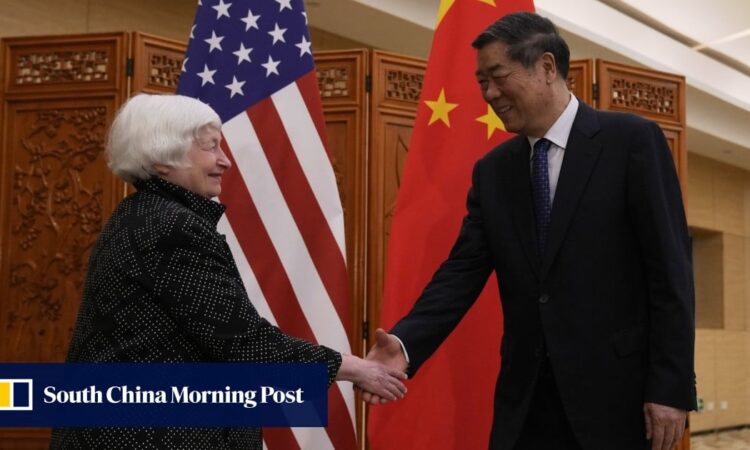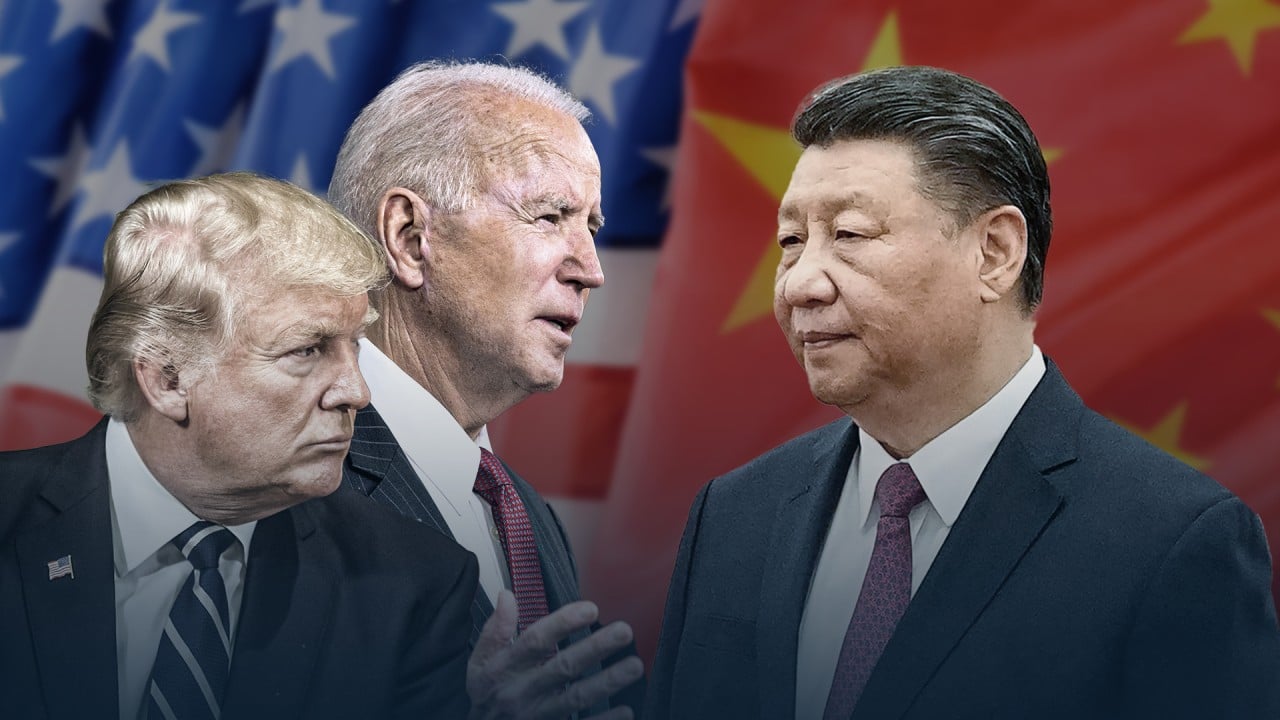
China announced on Friday it would levy anti-dumping penalties of over 40 per cent on imports of a chemical from the United States used in foods, pesticides, pharmaceuticals and drug intermediates – a retaliation against similar action from Washington as tensions build in bilateral trade.
Starting from Saturday, operators will be required to provide corresponding deposits to Chinese customs when importing propionic acid from the US, according to the Ministry of Commerce, confirming the penalties would mean 43.5 per cent of additional cost.
China’s Ministry of Commerce said on Thursday that it was “dissatisfied with” and “firmly opposes” the USTR’s investigation, and that the proposed tariffs on Chinese metal products were “typical unilateralism and protectionist practices”.
Biden needs to demonstrate … he can responsibly manage the relationship with China
“While they continue to take tough action against each other, they also need to send signals that the relationship is being stabilised,” said Stephen Olson, a visiting lecturer and non-resident fellow at the University of Nebraska Lincoln’s Yeutter Institute of International Trade and Finance.
“China needs to do this to reassure the US and international business community that China is still a desirable place for investment, and [US President Joe] Biden needs to demonstrate to voters that he can responsibly manage the relationship with China, in contrast to what he will paint as the erratic chaos of the previous Trump administration.”
According to the Ministry of Commerce, the investigation found US imports of propionic acid remained at a relatively high level from 2019 to early 2023, occupying a market share of between 13 and 16 per cent during the first three months of last year.
“During the investigation period, the demand for propionic acid in the domestic market generally showed an increasing trend, and a favourable market environment should have been conducive to stable or rising prices,” the ministry said.
“However, the prices of [domestic and imported] products have generally shown a sharp downward trend.”
The ministry added that prices of propionic acid imported from the US had been consistently lower than similar products produced by domestic companies.
Weak domestic demand in China would likely translate to rising external surpluses, the IMF said, risking more trade tensions in an already fraught geopolitical environment.
“Many other large emerging market economies are performing strongly, sometimes benefiting from a reconfiguration of global supply chains and rising trade tensions between China and the US,” the IMF said. “These countries’ footprint on the global economy is increasing.”







